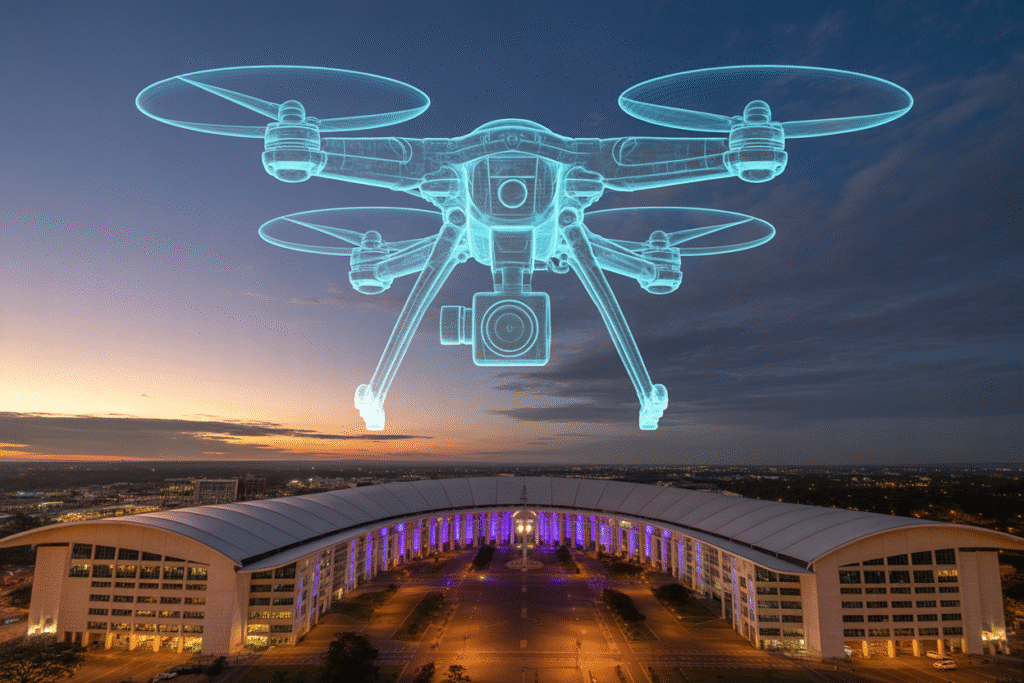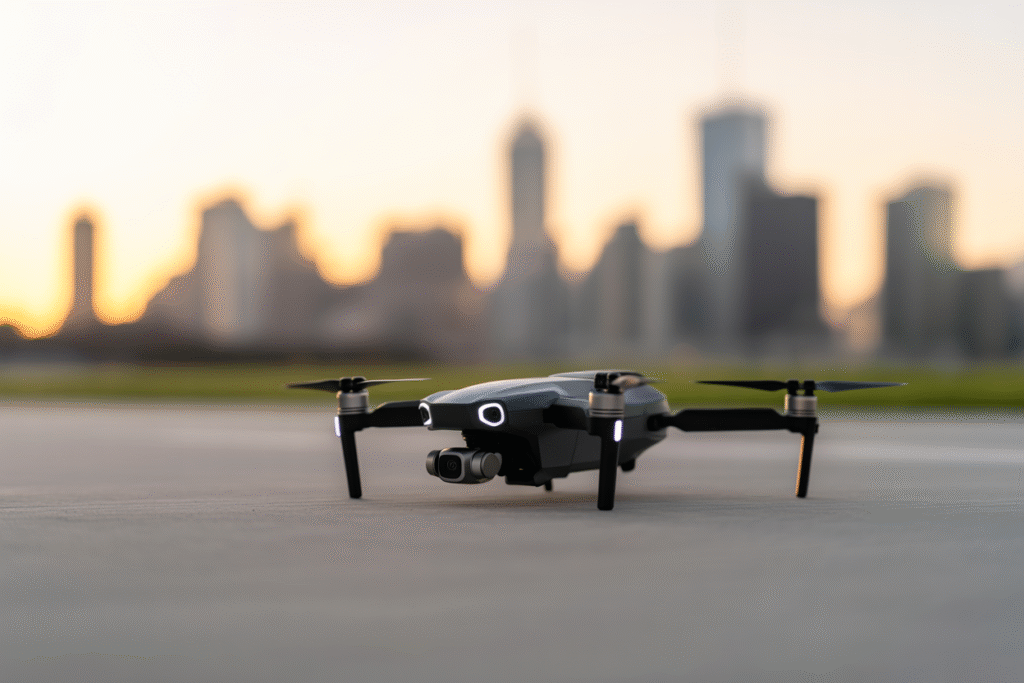Kenya’s Defence Cabinet Secretary just challenged global superpowers—here’s why the world is watching.
On a quiet Tuesday in Nairobi, Kenya’s Defence Cabinet Secretary, Soipan Tuya, dropped a bombshell that could redraw the future of AI in military warfare. She didn’t mince words: Africa must lead the global conversation on AI military ethics, or risk becoming a testing ground for unchecked, exploitative technologies. The stakes? Nothing less than the continent’s security, sovereignty, and the moral compass of tomorrow’s wars.
The Nairobi Declaration That Rocked the Pentagon
August 27, 2025, will be remembered as the day Kenya threw down the gauntlet. Speaking live on KBC Channel 1, Tuya warned that if Africa waits for Washington, Beijing, or Brussels to set the rules, it will inherit systems designed for someone else’s battlefield.
Her message was simple yet seismic: AI military ethics cannot be outsourced. The clip exploded online, racking up 363,000 views in hours and igniting threads from Lagos to London. Comment sections filled with a single question—what happens when the next drone swarm is trained on African soil but governed by foreign code?
Why Africa’s Security Is Ground Zero for AI Risks
Resource conflicts, porous borders, and asymmetric threats make Africa uniquely vulnerable to AI misuse. Imagine autonomous drones patrolling oil fields in the Niger Delta or algorithmic surveillance deciding who crosses the Sahel.
Unlike superpowers with vast defense budgets, many African states rely on imported tech stacks they can’t audit. A single flawed model could misidentify a village festival as a rebel convoy. Tuya’s call for home-grown AI military ethics isn’t just symbolic—it’s survival.
The fear isn’t hypothetical. Reports already link foreign AI firms to pilot projects in conflict zones, often under the guise of humanitarian mapping. Without local oversight, these systems could entrench power imbalances under the shiny banner of innovation.
The Global Chessboard: Superpowers React
Within minutes of Tuya’s broadcast, think-tank phones lit up. Washington analysts worried about fragmented standards slowing joint operations. Beijing’s state media framed the move as ‘techno-nationalism,’ while EU diplomats privately welcomed a counterweight to U.S. dominance.
The irony? Everyone claims to want ethical AI in military warfare, yet each defines ‘ethical’ to suit its arsenal. Kenya’s proposal forces the question: whose ethics get hard-coded into the next generation of smart weapons?
Defense contractors, meanwhile, see risk and reward. New regulations could lock them out of lucrative markets—or open doors if they pivot to transparent, locally governed systems.
Three Scenarios That Could Unfold by 2030
Scenario one: Africa drafts a binding treaty, attracting diaspora talent and ethical startups. The continent becomes the world’s sandbox for responsible AI military tech, exporting both code and credibility.
Scenario two: fragmented rules splinter global supply chains. A Kenyan battalion runs on open-source AI, while a neighboring country relies on Chinese black-box drones. Miscommunication in a joint mission leads to fratricide—an ethics scandal heard round the world.
Scenario three: the status quo wins. Big powers pay lip service, then continue quietly testing in African skies. Public backlash erupts when leaked footage shows an algorithm misclassifying civilians as combatants. The phrase ‘AI military ethics’ becomes a bitter meme.
What You Can Do Before the Next Drone Takes Off
First, follow the Nairobi process. Track hashtags like #AfricanAIMilitaryEthics and amplify local voices over distant pundits.
Second, pressure your representatives—whether in Lagos, London, or Los Angeles—to support transparent procurement standards for AI in military warfare. Ask them: would they deploy the same system over their own suburb?
Third, if you code, audit, or invest, consider Africa’s emerging ecosystem. Ethical AI isn’t just a moral win; it’s the next frontier market. The continent needs partners, not saviors.
The sky above the Serengeti may soon host autonomous patrols. Let’s make sure they answer to more than shareholders.


